The demand for pesticides in the province is about 150 tons/year, including pesticides, fungicides, herbicides and growth stimulants, of which chemicals account for about 93%, and biological pesticides account for a very small proportion (about 7%). Long-term use of chemical pesticides leaves negative impacts, affecting human health and the living environment.
To promote the use of biological pesticides, the province has implemented agricultural production models according to standards and regulations such as VietGAP, organic...

Up to now, the area of safe production according to standards and regulations in the province has reached 6,510 hectares, including: 932 hectares meeting VietGAP standards (tea, bananas, pineapples, tangerines, vegetables, chayote), 210 hectares of medicinal herbs meeting GACP-WHO standards and 5,368 hectares meeting organic standards (4,123 hectares of cinnamon, 1,142 hectares of tea, the rest are bamboo shoots, mushrooms, seedless persimmons).
According to Mr. Ngo Quyen, Deputy Head of the Provincial Department of Cultivation and Plant Protection, every year, the agricultural sector strengthens propaganda on the use of biological pesticides for users through training courses on pest and disease prevention, management of growing areas, etc. In addition to the province's support policies, in recent years, consumer demand for safe agricultural products has increased, so farmers are also more interested in using biological pesticides in agricultural production.
Nam Luc Commune (Bac Ha District) currently has more than 1,900 hectares of cinnamon, of which 533 hectares are certified organic. Organic cinnamon products are purchased by businesses at high and stable prices.
Mr. Quan Van Hanh (Nam Luc Thuong village) said: We were instructed by agricultural extension officers on manual measures to prevent and control pests on cinnamon trees such as clearing the cinnamon forest to create ventilation, using light traps to catch butterflies, and digging the soil around the base of the tree to kill pupae and larvae in the soil. If pests cause serious damage, spray biological products or biological active ingredients, absolutely do not spray chemicals. Thanks to the application of the above measures, cinnamon products are tested to have no pesticide residues, are exported at high prices and we are paid bonuses by the company after each export order.

Mr. Dang Quoc Khanh, Vice Chairman of Nam Luc Commune People's Committee, said: Growing organic cinnamon brings clear economic efficiency, helping to increase the value of cinnamon trees by 20% - 30% compared to conventional production, creating stable output for products and protecting the environment.
With the advantage of leaving almost no toxic residue in agricultural products, being safe for humans, the environment and the ecosystem, and having a short quarantine period, the use of biological pesticides in agricultural production is one of the important solutions contributing to environmental protection, improving the quality and value of agricultural products, and promoting sustainable agricultural production.

In order to effectively implement the Project on developing production and use of biological pesticides until 2030, with a vision to 2050 of the Ministry of Agriculture and Rural Development, and at the same time contribute to the successful implementation of Resolution 10 of the Provincial Party Committee Standing Committee on the Strategy for developing commodity agriculture and the plans of the Provincial People's Committee on developing organic agriculture, the Strategy for sustainable agricultural and rural development, improving the quality of agricultural products, meeting the requirements of the domestic and export markets, Lao Cai province strives to use more than 30% of the total amount of biological pesticides in production by 2030; strives to become the leading province in the Northern mountainous region in terms of the rate of using biological pesticides by 2050; strengthen guidance for farmers, businesses, and cooperatives to thoroughly collect and dispose of used pesticide shells and packaging according to regulations.

The province directs localities to step up propaganda and raise people's awareness of the use of biological pesticides; organize training, coaching, and guidance for people on the use of pesticides and encourage farmers to use biological pesticides in production, build production models according to GAP and organic standards; closely monitor the use of pesticides on crops, especially in specialized production areas, commodity production areas, organic production, etc.
Localities need to develop models for effective use of biological pesticides in areas producing commercial, key and potential crops; promote dissemination, propaganda and raise people's awareness of the use of biological pesticides; call for investment and prioritize resource allocation to support the construction of biological pesticide production facilities in the area. In addition, deploy and replicate production models using effective biological pesticides on key and potential crops in the locality...
Source


![[Photo] General Secretary To Lam holds a brief meeting with Russian President Vladimir Putin](https://vphoto.vietnam.vn/thumb/1200x675/vietnam/resource/IMAGE/2025/5/10/bfaa3ffbc920467893367c80b68984c6)



![[Photo] Prime Minister Pham Minh Chinh chairs Government Standing Committee meeting on Gia Binh airport project](https://vphoto.vietnam.vn/thumb/1200x675/vietnam/resource/IMAGE/2025/5/10/6d3bef55258d417b9bca53fbefd4aeee)
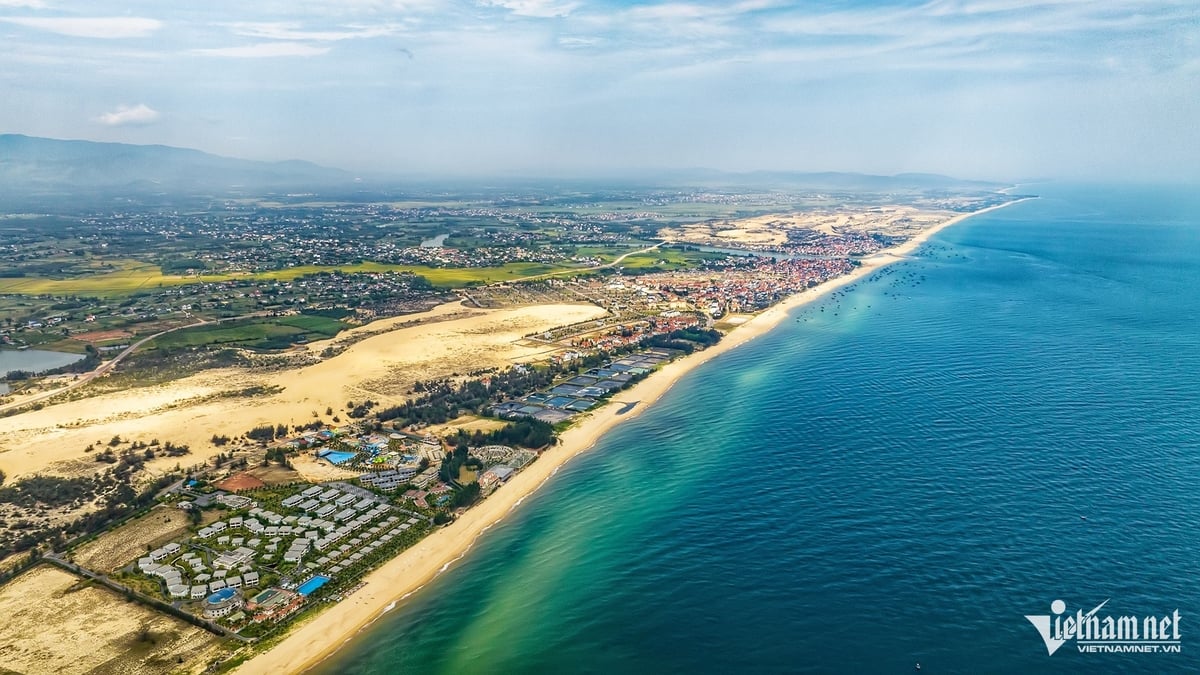
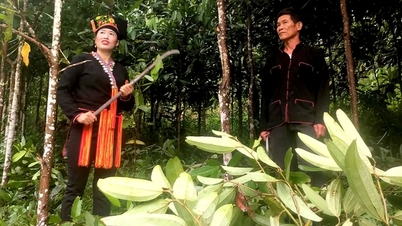





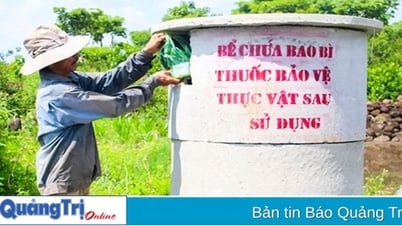





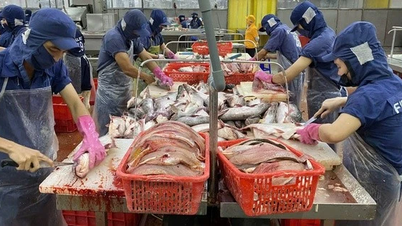









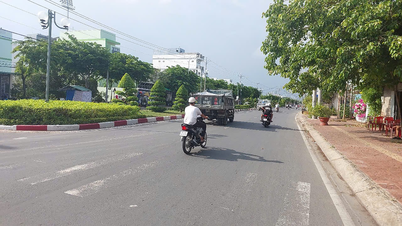

![[Photo] Prime Minister Pham Minh Chinh chairs a meeting of the Steering Committee for key projects in the transport sector.](https://vphoto.vietnam.vn/thumb/1200x675/vietnam/resource/IMAGE/2025/5/10/0f4a774f29ce4699b015316413a1d09e)














































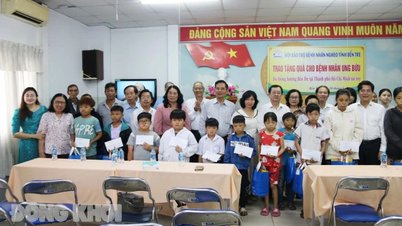


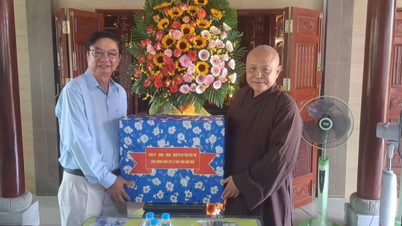


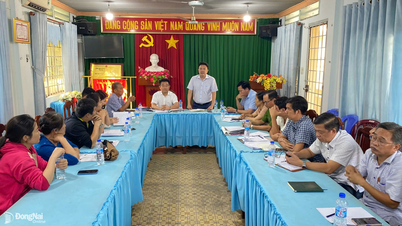













Comment (0)